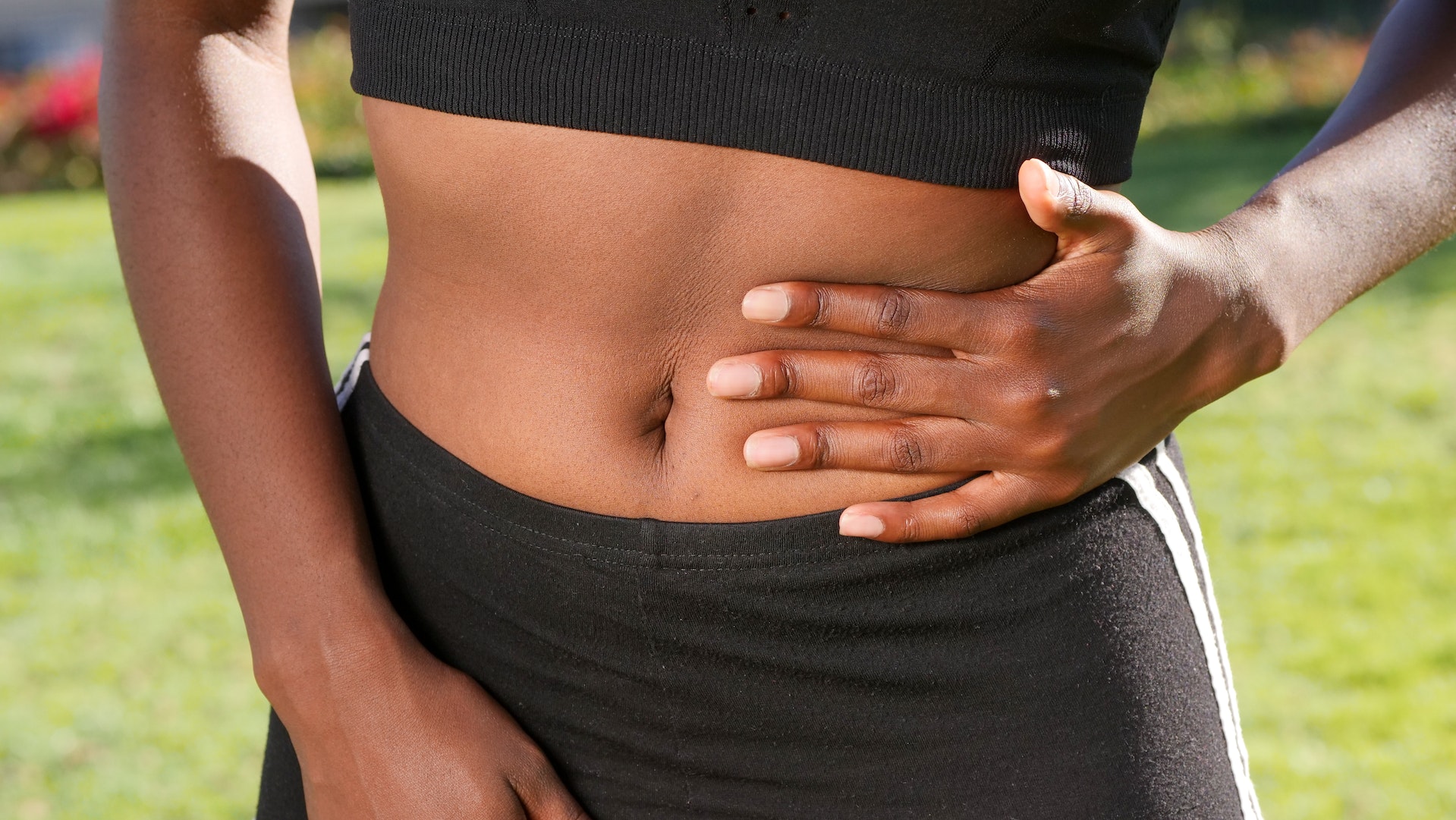 Reading Time: 5 minutes
Reading Time: 5 minutesThe gut is often called the second brain, and for good reason. The health of your gut can affect everything from your mood and energy levels to your immune system and overall well-being. It plays an important role in digestion, immunity, metabolism, and even mood regulation.
Unfortunately, modern diets and lifestyles can often disrupt the delicate balance of the gut microbiome. Things like:
- A diet high in processed and refined foods
- Antibiotic use
- Chronic stress
- Lack of sleep
- Sedentary behavior
can disrupt the delicate balance of the gut microbiome.
This disruption can lead to a host of not only digestive issues like bloating, gas, constipation, diarrhea, but other health issues, like:
- Autoimmune disorders (e.g., rheumatoid arthritis, lupus, multiple sclerosis)
- Mental health disorders (e.g., depression, anxiety, autism)
- Allergies and asthma
- Skin conditions (e.g., eczema, psoriasis)
- Type 2 diabetes and obesity
- Cardiovascular disease
This is because the gut microbiome plays a critical role in regulating immune function, inflammation, metabolism, and even brain function.
For example, certain strains of gut bacteria produce short-chain fatty acids (SCFAs), which are important for maintaining gut barrier function, reducing inflammation, and regulating glucose metabolism.
Other strains produce neurotransmitters like serotonin and dopamine, which are important for mood regulation.
The gut and the brain are intimately connected, and they communicate with each other through a complex network of nerves, hormones, and neurotransmitters. This connection is often referred to as the gut-brain axis, and it plays a crucial role in regulating mood, appetite, and digestion. When your gut is out of balance, it can affect your brain function and vice versa.
That’s why it’s essential to take a holistic approach to gut health, addressing both the physical and emotional aspects of the gut-brain connection.
The gut microbiome is a complex ecosystem that relies on a delicate balance of beneficial and harmful bacteria. If you’re experiencing these or other gut-related issues, it’s time to take action and start healing your gut. Here are several important steps you can take.
Give your microbiome a boost
One of the most important things you can do to heal your gut is to eat a diet that supports a healthy gut microbiome. While this is different at different times for different people, generally it means focusing on whole, nutrient-dense foods that contain prebiotics and probiotics.
Some foods that are considered particularly beneficial for gut health include:
- Fermented foods, such as kimchi, sauerkraut, kefir, and yogurt
- Prebiotic-rich foods, such as onions, garlic, leeks, asparagus, bananas, and apples
On the other hand, it’s important to limit your intake of processed and refined foods, as these can disrupt the gut microbiome and promote inflammation. This includes things like sugary snacks, refined grains, and fried foods.
Make sure to include bone broths, which contain collagen and other nutrients that can help soothe and heal your gut lining, and plenty of omega-3 fatty acids found in fatty fish like salmon, as well as nuts and seeds, which can help reduce inflammation in your gut.
If you find that eating a general diet like this one doesn’t resolve some of your gut issues, you may be sensitive to certain foods, and it will be important for you to identify what’s triggering your specific issues.
Identify food triggers
One of the most common causes of gut problems is food intolerance. Many people have difficulty digesting certain types of food, such as gluten, dairy, or FODMAPs. These foods can cause inflammation, bloating, and other digestive symptoms.
To identify your food triggers, try keeping a food diary and noting any symptoms that occur after eating certain foods. You can also try an elimination diet, where you cut out certain foods for a few weeks and then gradually reintroduce them, one at a time, to see how your body reacts to each one.
Exercise regularly
Exercise has been shown to have numerous benefits for the gut microbiome. Individuals who exercise regularly tend to have a wider variety of beneficial bacteria in their gut. This is important because a diverse microbiome is generally considered to be a healthier microbiome, as it can better support digestion, immune function, and other aspects of overall health.
Exercise may also help to reduce inflammation in the gut and throughout your body. Chronic inflammation is linked to a number of gut-related conditions, including inflammatory bowel disease (IBD) and irritable bowel syndrome (IBS).
Exercise can also help to improve gut motility, which refers to the movement of food through the digestive system. When food moves too slowly or too quickly through the gut, it can contribute to digestive problems such as constipation or diarrhea.
Avoid antibiotics when possible
While antibiotics can be lifesaving medications, they can also disrupt the balance of your gut, Antibiotics can disrupt the gut microbiome by killing off both harmful and beneficial bacteria.
While antibiotics are sometimes necessary to treat bacterial infections, it’s important to avoid overuse of antibiotics whenever possible. Talk to your healthcare provider about alternative treatments when appropriate.
Reduce stress
Stress is another factor that can negatively impact your gut health. When you’re under stress, your body produces cortisol, a hormone that can disrupt the balance of bacteria in your gut and cause inflammation.
To reduce stress, consider incorporating stress-reducing activities into your daily routine, such as meditation, walks in nature, or deep breathing exercises. Breathing exercises like the physiological sigh for 3-5 minutes a day have been shown to reduce stress, enhance mood, and improve sleep.
Consider digestive enzymes
If you’re still experiencing digestive issues even after making dietary and lifestyle changes, you may want to consider taking digestive enzymes. These supplements can help break down food more effectively, reducing the strain on your digestive system and helping to alleviate symptoms such as bloating, gas, and indigestion.
Some common supplements include betaine hydrochloride and bile salts. Talk to your healthcare provider about which digestive enzymes may be right for you.
In conclusion
Taking care of your gut health is crucial for your overall well-being. By taking some or all of these steps, you can help to heal your gut and feel better both physically and emotionally.
Remember that everyone’s gut is unique, so it may take some experimentation to find what works best for you. With patience and persistence, you can achieve optimal gut health and enjoy all the benefits that come with it.



